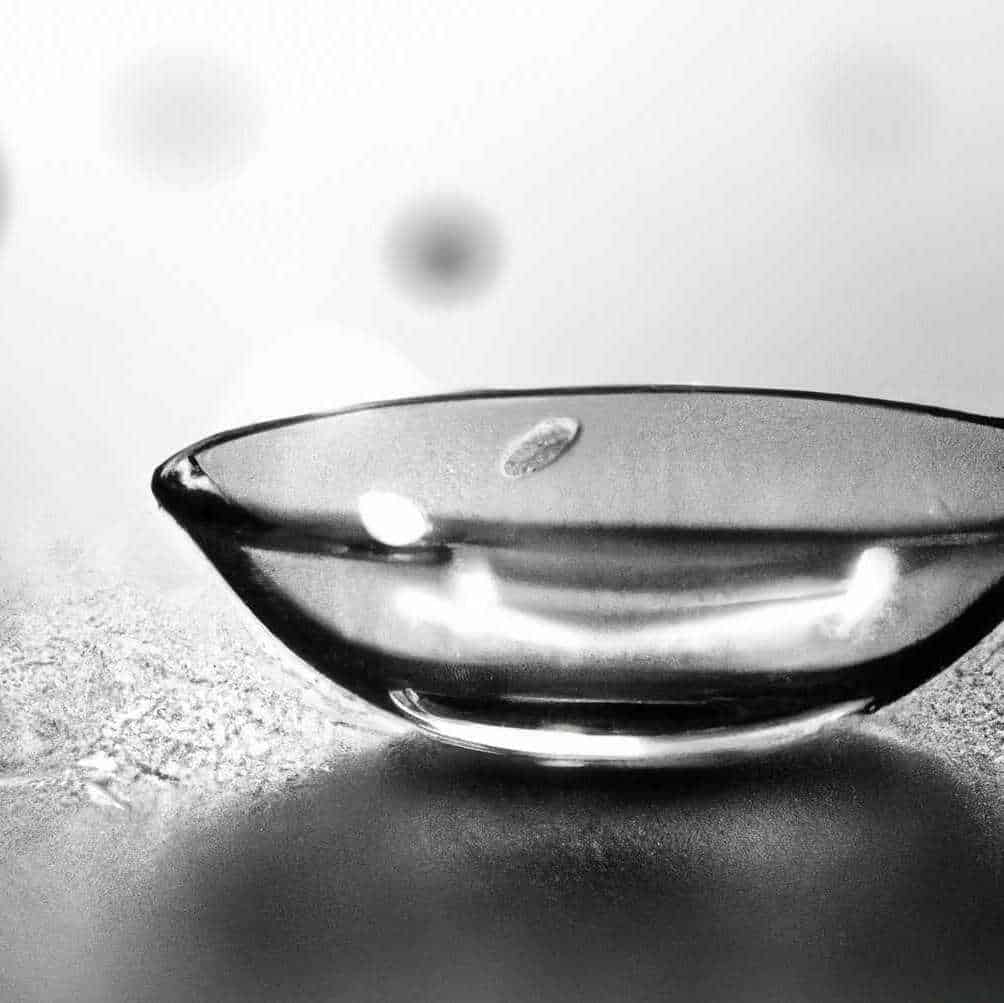How much scleral lenses for keratoconus will cost will vary depending on:
- The type and brand of the scleral lens.
- The amount of customization needed.
- The amount of customization needed.
Including all appointments and depending on the complexity of the fit, scleral lenses for keratoconus will cost us $500 to $2000. For example, I am in Canada, so the currency is Canadian dollars.
I paid $500. This also includes the fitting kit, for my Blanchard scleral lens for keratoconus to restore vision to my left eye here in Canada.
My right eye, however, having undergone a full cornea transplant due to keratoconus, required a more complex fit.
My practitioner opted for the larger diameter, more customizable, Boston Sights scleral lens for keratoconus that cost $800 in Canada.
Another factor in the price I paid for my Blanchard scleral lenses, is I have the good fortune of living very close to the Blanchard manufacturing facilities.
With less travel distance for my Blanchard lenses, my ophthalmologist can pass the savings on to me. Additionally, I can get my lenses within a week of ordering them.
For a detailed review of the Blanchard scleral lens platform and the Boston Sights platform, you can go here.
Why is the Cost of the Scleral Lens for Keratoconus so Expensive?

The scleral lens for keratoconus has a higher price due to the expertise and experience that our practitioner requires to achieve a comfortable fit. There is no substitute for experience
Cost to Our Practitioner to Fit Us With Scleral Lenses for Keratoconus
Our practitioner might have to do some, or a lot of troubleshooting if our fit is complex like mine was. The practitioner or the clinic must also purchase software that pertains to each scleral lens platform to map our cornea along with other equipment.
Seminars and added education must be pursued by the practitioner. To put it differently, the practitioner has to actively go out and seek the knowledge and acquire the resources needed, to be an expert fitter of the scleral lens for keratoconus.
Detailed Craftsmanship
The scleral contact lens requires more costly materials and equipment to be manufactured than soft contact lenses. The scleral lenses must be precise.
The fabrication of the lens must also allow for oxygen to pass through the lens to feed our cornea as well as being a rigid/hard lens.
Fitting Process
The scleral lens is not a one size fits all kind of lens. Those of us with keratoconus who have undergone the fitting process know this to be true.
The fitting process requires a fitting kit that our practitioner will use to map our cornea to ensure we get the proper fit and the best vision restoration possible.
Location
Where we live will also have an impact on the cost of our scleral lenses. For example, the price for lenses might differ in India from Canada or other parts of the world.
Are Scleral Lens Worth the Cost?
As an example, I was diagnosed with keratoconus in 1989. In addition, I also underwent a full corneal transplant in 2006. I received my first set of scleral lenses in 2017.
Changed my Life
For me, the price was more than worth it to get my vision restored. With my lenses my vision is near 20/20, however, without my lenses, I am legally blind.
I didn’t know how bad my vision was or how much it affected my life and my life choices until I got my vision restored.
Key Takeaways
- Yes, the scleral lens is more costly than soft lenses and in some cases significantly more expensive.
- For those of us with keratoconus, we are usually dealing with a complex fit that requires a certain skill set that must be obtained by our practitioner.
- Our location can also have an impact on the cost.
- Fabrication of the scleral lens requires precise expensive equipment.
- A Practitioner must invest money, resources, and time to become an expert scleral lens fitter.
To Summarize
The cost of the scleral lens for keratoconus can range from $500-$2000 cdn. The higher price is due to the expertise needed by our practitioner, the cost of equipment to the clinic for the fitting process, and the manufacturing process to produce the lens.
The result will be life-changing.